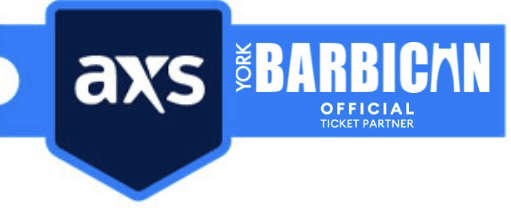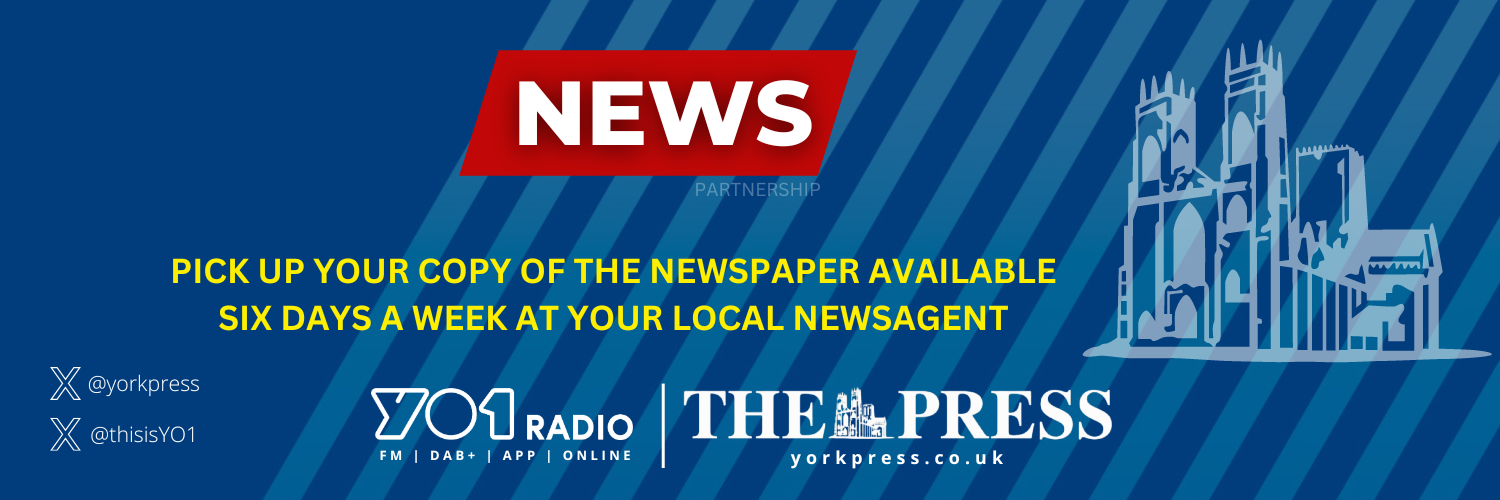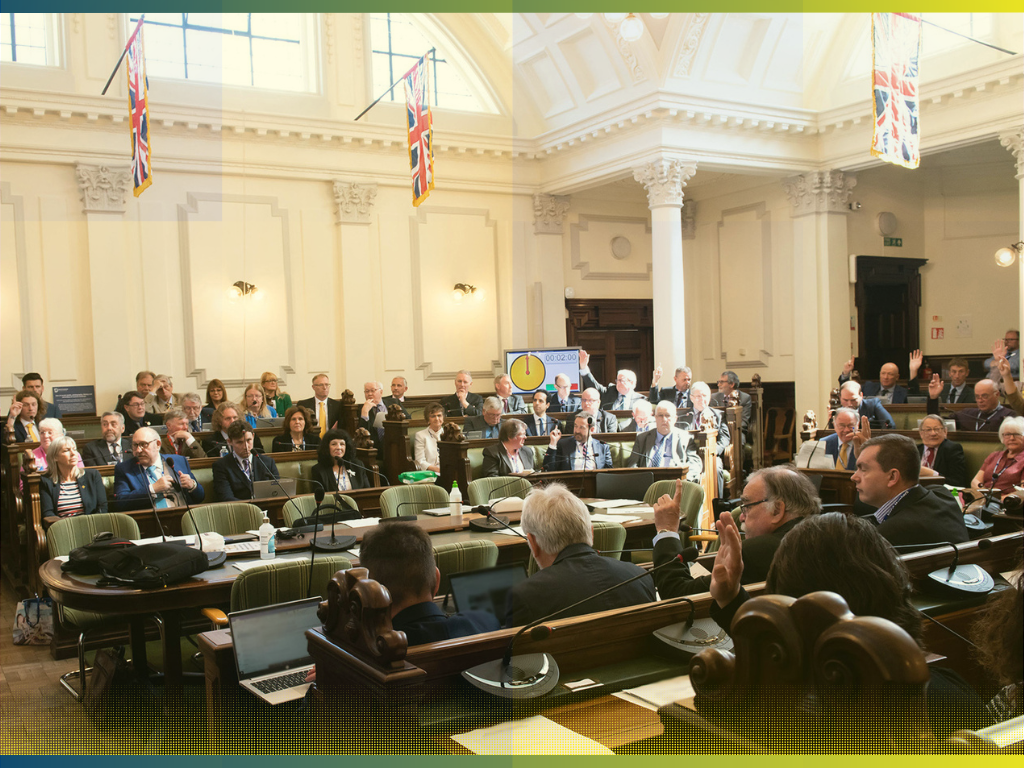
An independent panel that annually reviews allowances paid to North Yorkshire’s county councillors is recommending payments for members of the new North Yorkshire Council that reflect their significantly increased workload within the new authority.
The proposed rates of both basic and special responsibility allowances will see councillors paid at a level similar to comparable unitary councils, such as Cornwall and Northumberland.
On April 1, a new single authority, North Yorkshire Council, will replace the existing county council and seven district and borough authorities in the biggest shake-up of local government since 1974 to pave the way for a long-awaited devolution deal. At the same time, the number of councillors in the county will reduce from 319 to 90.
Members of North Yorkshire County Council’s executive will consider the panel’s proposals next Tuesday (January 24) before the panel’s recommendations go to the full county council for a decision at its meeting in February.
If the proposals are approved, the basic allowance for a member of North Yorkshire Council will be £15,500 in 2023/24. Currently, within the county council, the basic allowance is £10,316. Special responsibility allowances will be at least four per cent higher than the current county council allowances, depending on the role.
The chair of the Independent Remuneration Panel (IRP), John Thompson, said: “Councillors volunteer for their roles. They are not employees and are not paid at a commercial rate for their time. However, the allowances should not be set at a level which acts as a disincentive to conscientious performance of duties, or which does not reflect the considerable time commitment required for the role.
“Setting a fair and proportionate basic allowance and special responsibility allowance that reflects the workload of councillors in the new authority has been a complex task. The allowances paid in similar local authorities have been reviewed, inflation and cost of living pressures taken into account, information from councillors about their current and future workload considered, along with details of how the new council will work and the services that it will commission and provide.
“When considering the appropriate level for the allowances, it is also important to take into account the need to continue to attract the required calibre of candidate from a diverse range of backgrounds, to stand and serve as a councillor.”
Mr Thompson added that this year the IRP had faced unique and demanding circumstances. In reaching its recommendations, the panel had to balance its immediate objective of recognising the significant increase in the level of responsibility and time commitment of councillors in office with a longer-term requirement to ensure that there is no financial barrier to prevent anyone in North Yorkshire from standing for office.
He said: “I acknowledge that in absolute terms this may be seen as a large increase, but it is important to note that the reduction in the number of councillors from 319 to 90 means that there are significant savings to the taxpayer to be made on payments of allowances.”
The total cost of the proposed basic allowances and the special responsibility allowances in 2023/24 for 90 councillors is £1,845,686. This equates to £1,395,000 for basic allowances and £450,686 for special responsibility allowances.
Mr Thompson emphasised that if the IRP’s recommendations are accepted there will be a net budget saving of £707,633 compared to the 2022/23 total budget of £2,553,319 for basic allowances and special responsibility allowances for the existing 319 councillors.
The leader of North Yorkshire County Council, Cllr Carl Les, said: “I thank the panel for its work and for looking at this issue with independent eyes. It is important that the level at which allowances are set is not a barrier that would prevent anyone from standing for a council position, regardless of such things as age, personal circumstances and whether they are in work.
“It will be a matter for each councillor to decide, at the full council meeting in February, whether to take all, some or none of the proposed allowances.”


 Invitation to mark the 80th anniversary of VE Day
Invitation to mark the 80th anniversary of VE Day
 Suppliers invited to shape Ousewem legacy through new York River Walk
Suppliers invited to shape Ousewem legacy through new York River Walk
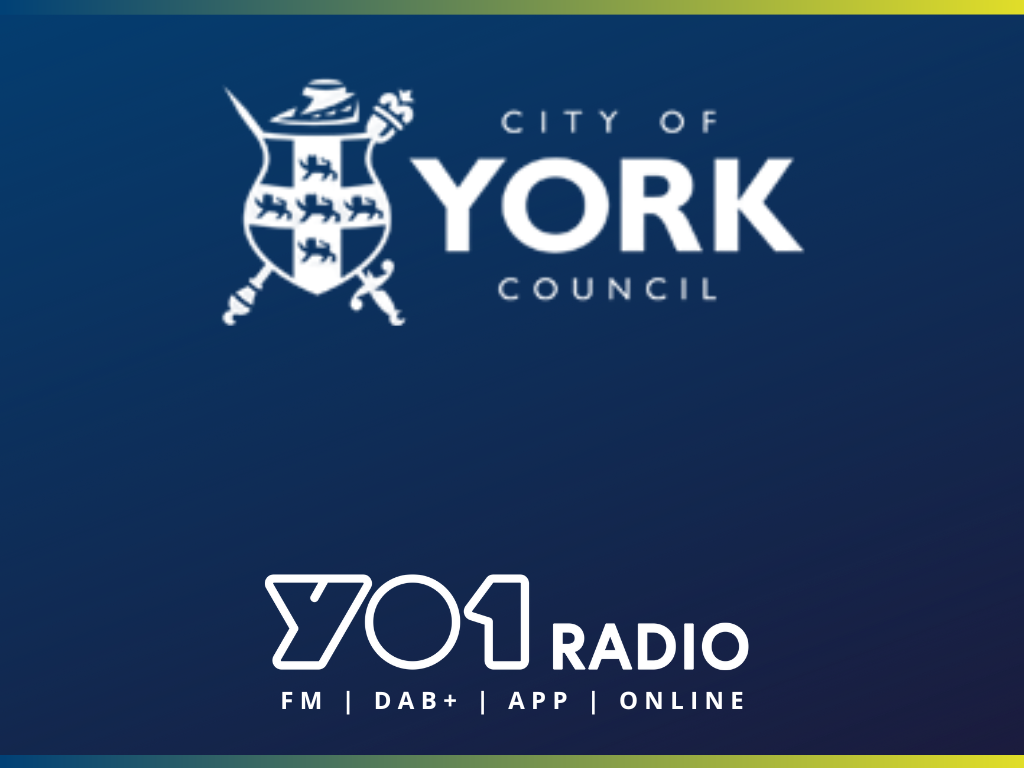 National Offer Day for primary schools: York children allocated their Reception school place for September
National Offer Day for primary schools: York children allocated their Reception school place for September
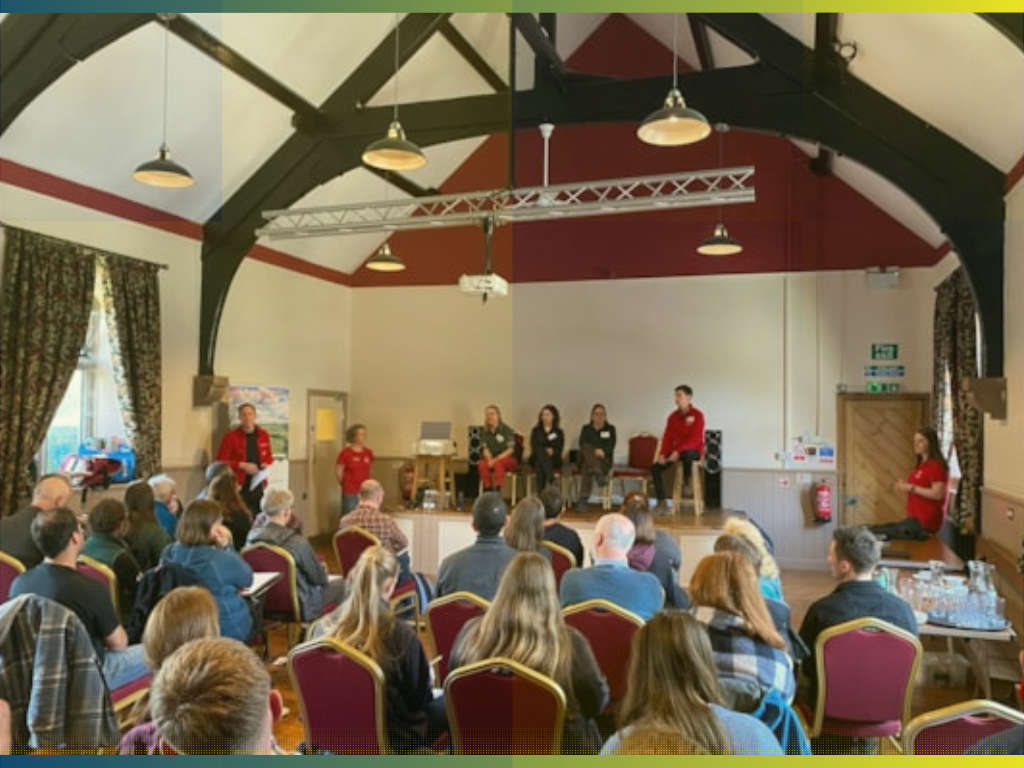 Strengthening flood resilience: Ousewem sponsors Yorkshire’s NFM CoP Monitoring Skill Share
Strengthening flood resilience: Ousewem sponsors Yorkshire’s NFM CoP Monitoring Skill Share
 The Pavers Foundation Supports Paediatric Brain Tumour Charity in York.
The Pavers Foundation Supports Paediatric Brain Tumour Charity in York.









